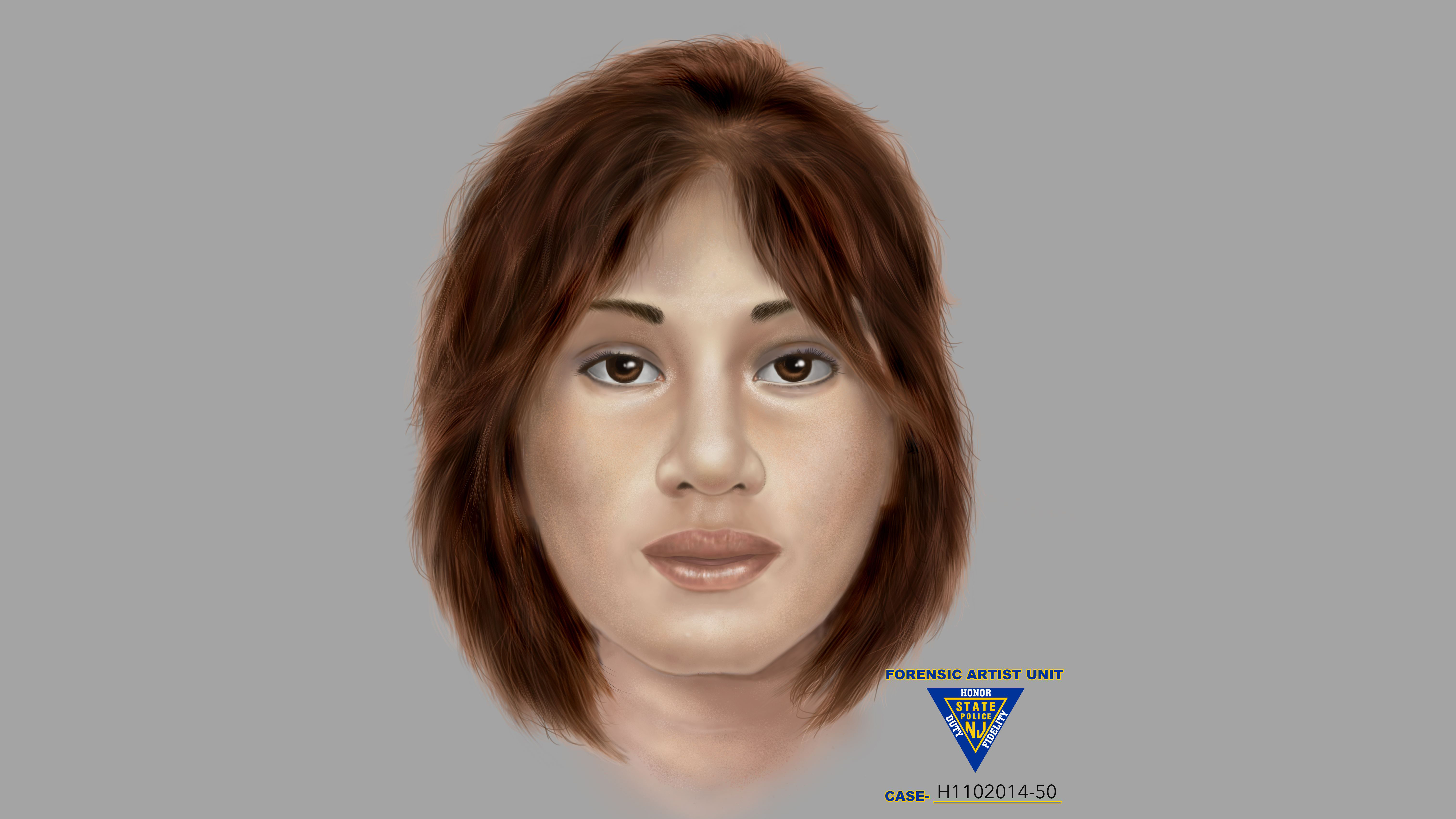The man investigators believe to be responsible for the cold case murder of a Bronx teen in 1999 pleaded not guilty in court on Tuesday.
Joseph Martinez entered his not guilty plea to two counts of murder a day after his arrest. The 49-year-old New Rochelle man didn't answer any questions as police led him away in handcuffs at the Bronx police station Monday night. Attorney information for Martinez was not immediately available.
Martinez, who is also known as Jupiter Joe, was remanded and is due back in court in March. He has posted videos showing himself travel around NYC teaching children and adults about astronomy.
Get Tri-state area news and weather forecasts to your inbox. Sign up for NBC New York newsletters.
Investigators said that the grisly cold case may have finally been cracked after police said that they were led to the alleged killer by familial DNA evidence — the first time that the technology had been used in New York City to solve a case, according to the Bronx District Attorney's office.
The body of 13-year-old Minerliz Soriano was found in a dumpster in Coop City back in 1999. The girl had last been seen leaving her school on Wallace Avenue on Feb. 24 of that year, and her family searched the area for days following her disappearance.
Minerliz's body was found four days later by a homeless man, wrapped in plastic inside a dumpster behind what used to be a a Hollywood Video store. The girl had been sexually abused, the investigation found. Before Monday, no arrests had ever been made in the case that eventually went cold.
In 2019, family of the teen victim spoke on the 20th anniversary of her disappearance, holding onto hope for a scientific breakthrough to solve the case. Investigators said that science is exactly what got them the answers Minerliz's family has so desperately been searching for all these years.
The Bronx DA's office said that a DNA sample, obtained from a semen stain on Minerliz's sweatshirt, was submitted to the state's convicted offender DNA database. That led to Martinez's deceased father, and from that investigators were able to get a DNA sample from Martinez, which was a match.
Detectives said that the DNA evidence was previously searched through a database in 2000, but the results came back negative.
"The DNA science and technology advanced over the years, and familial DNA was instrumental in linking the defendant...to the murder," said Bronx District Attorney Darcel Clark. "But while the technology was vital, it really was the humanity, dedication and compassion of the investigators and their relentless drive tog et justice in this case. That is why we do this work. I hope today's indictment brings some consolation to the victim's family."
Minerliz's father told NBC New York on Monday that he had many mixed emotions after the arrest.
"I feel some kind of happiness, but it's still sad because justice was too late," said Luis Soriano-Duran, who now lives in Texas.
He said he didn't recognize the man who was arrested, but did not appear to have forgiven him for the slaying from more than two decades ago.
"I wish him to go to hell," Soriano-Duran said.
"Everywhere we go, we see a little kid, I remember her. When somebody smiles like she did, it makes me remember her. She always was in our heart and in our mind," he said. "I hope that justice will do its work. This time, do it on time, and right."



